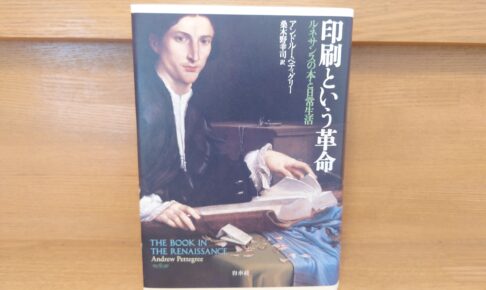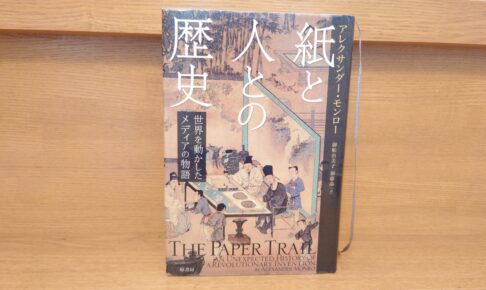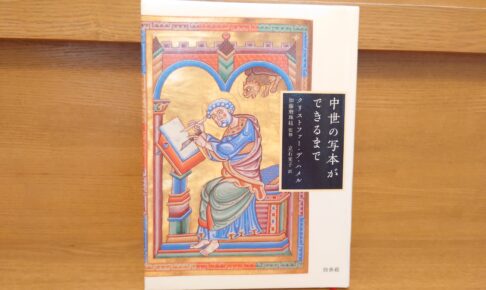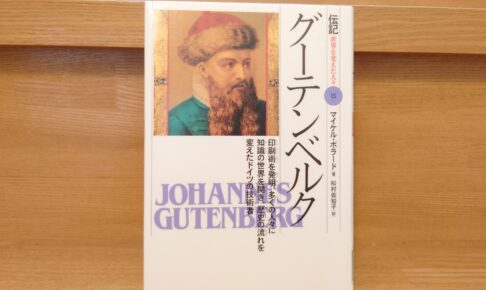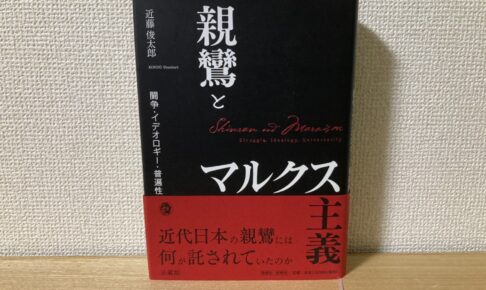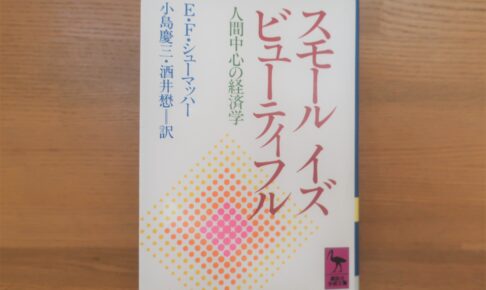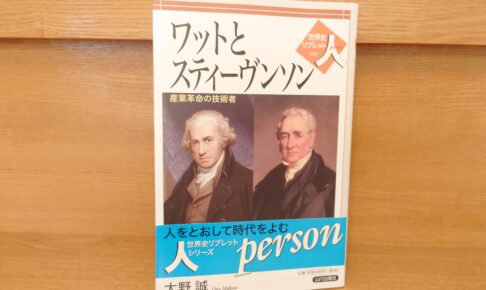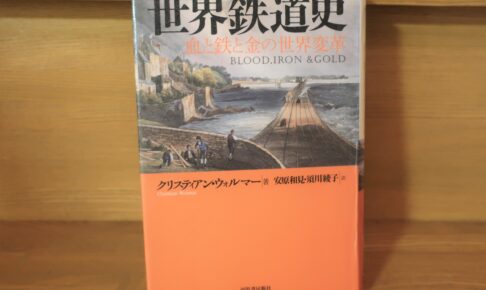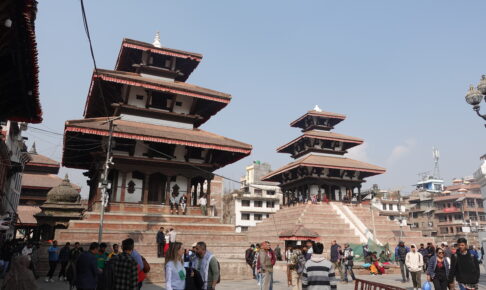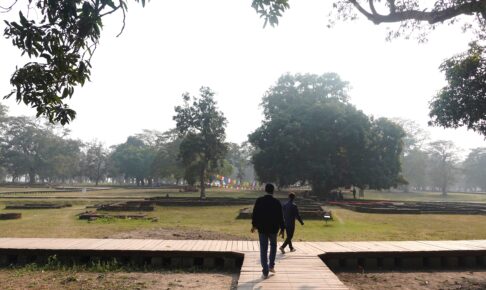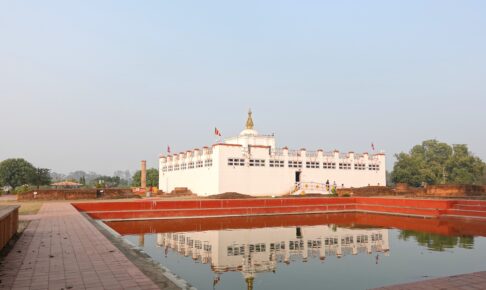Koji Kuwakino, "Renaissance: The Age of the Information Revolution" - How did the explosion of knowledge happen? A great book that sparks intellectual curiosity!
This book looks at the Renaissance, a period that is both understandable and difficult to understand, through the lens of the "media revolution.
I love books. As such a book lover, it was the most exciting and thrilling experience for me to learn how books have changed the world.
This is interesting.
I highly recommend this great book to anyone who is interested in the Renaissance and loves books! It is extremely interesting!
This is a work that will spark your intellectual curiosity! Why not pick up a copy?













